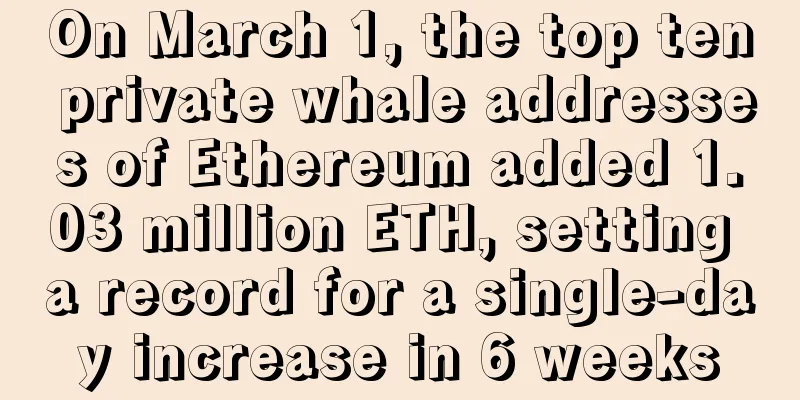US Senator Introduces New Bill to Overhaul How Cryptocurrencies Are Taxed in the US

|
A new bill introduced by U.S. Senator Cynthia Lummis (R-WY) aims to overhaul the way cryptocurrencies are taxed in the United States. State policy director Tyler Lindholm said the Financial Innovation Act, which is still being drafted, will provide clarity to the industry and users. One of its biggest goals is to provide guidance on capital gains associated with crypto mining, staking and spending. "We're really just focused on integrating digital assets into the tax system," he said. Capital gains refer to the appreciation in value from the time an asset is purchased to the time it is sold. Conversely, capital losses represent a decrease in value. The U.S. taxes net gains on assets such as crypto. The problem many people face, however, is that a whole bunch of common scenarios are actually taxable events. If you bought Bitcoin when it was $20,000, and then used it to buy a Tesla when it was $35,000, you would pay capital gains tax on the $15,000 difference. The bill would do several things on this point. First, it will offer up to $600 in tax exemptions, so crypto users won’t receive a tax bill for buying coffee. While Lummis hopes it will be higher, the exact amount may actually end up being lower, according to Lindholm. Second, the bill would clarify that capital gains do not apply to “productive” activities, such as mining or staking. Mining refers to using computing power to help secure a blockchain network and potentially earn cryptocurrency as a reward. Staking refers to dedicating your cryptocurrency to a network to increase security and earn passive income. “The grey area right now is that you may accrue a capital gains taxable event under proof of stake even if you are only delegating,” Lindholm said. The IRS guidance on the subject does not mention staking, but does state that Bitcoin and other proof-of-work cryptocurrencies are taxed as income on the date they are mined. A Kentucky couple who were taxed on Tezos staking rewards have sued the IRS in federal court over the matter. The bill would also allow people to withdraw from retirement plans, such as 401(k)s and IRAs, and reinvest the funds in cryptocurrencies without a huge tax bill. Finally, it seeks to codify into law Lummis and Sen. Ron Wyden (D-OR)’s unsuccessful amendments to the $1 trillion infrastructure bill signed last year. Lummis argues that a provision in the bill that redefines “broker” to include crypto participants is too broad; it could be read as requiring Bitcoin miners and proof-of-stake validators to provide the IRS with tax information on other network users. The new bill would redefine “broker” to make it clear that while exchanges and custodians are brokers, most other participants are not. |
<<: After three years, payment giant Stripe embraces cryptocurrency again
Recommend
Blockchain innovation company Bubi Network completes 30 million yuan Pre-A round of financing
Bubi completed a 30 million yuan Pre-A round of f...
Will Liu Tao's high cheekbones bring bad luck to her husband?
Will Liu Tao's high cheekbones bring bad luck...
The index finger and the ring finger are the same length. The girl's palm is good.
It is common sense that the five fingers of a han...
Don't marry a man who looks like this
As the saying goes, "Men are afraid of choos...
What does a mole between the eyebrows mean? Is it good to have a mole between the eyebrows?
There are always some moles on the face and body ...
Women with these facial features are all "jealous". Keep your distance from the opposite sex.
Small mouth Women with small mouths usually have ...
Why can't you marry a woman with triangular eyes?
In physiognomy, some facial features can indicate...
Will people with fleshy noses do things against their conscience?
In real life, many people will take shortcuts to ...
As blockchain boom approaches, VCBANK will launch blockchain digital financial services
The popularity of blockchain technology has becom...
Binance banned in UK: Two-thirds of cryptocurrency fraud linked to it
The United Kingdom’s Financial Conduct Authority ...
The length of fingers shows the character and destiny. The length of fingers shows the fortune of palmistry.
How does the length of fingers reflect one's ...
I hope you don't have a face that is destined to be lonely until old age.
We will meet many different people in our lives a...
Is it good or auspicious for a man to have a mole on his Adam's apple? What does it mean?
As one of the traditional physiognomy techniques, ...
The face of a woman who cannot bear children. The face of a woman who is destined to be childless!
Many people say that girls who are too thin canno...
Analysis of facial features with moles on nose wings
In physiognomy, if a woman has a mole on the wing...


![[Mining Machine Review] Unraveling the mystery, Jinbei X5 mining machine disassembly review](/upload/images/67e6d232de0a2.webp)






